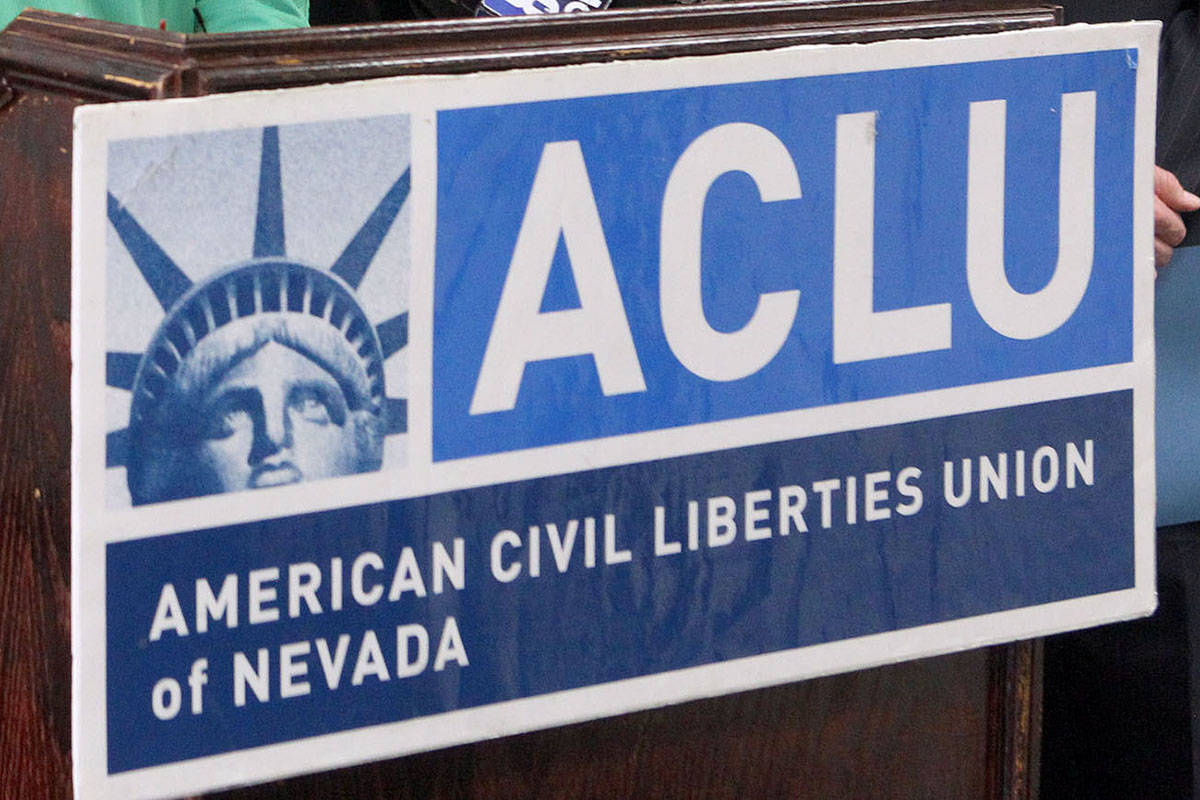Report: Racial disparity still there in arrests for marijuana
An American Civil Liberties Union report released Monday showed a dramatic racial disparity in arrests for marijuana possession in Nevada.
Despite comparable usage rates, black people are three times more likely than white people to be arrested for marijuana possession in Nevada. Nationally, the figure is 3.64 times more likely.
Although the total number of people arrested for marijuana possession has decreased in the past decade, law enforcement still made 6.1 million such arrests over that period, and the racial disparities in arrest rates remain in every state.
The report, “A Tale of Two Countries: Racially Targeted Arrests in the Era of Marijuana Reform,” details marijuana possession arrests from 2010 to 2018 and updates an ACLU national report published in 2013, “The War on Marijuana in Black and White.” The disturbing findings of this new research show that despite Nevada having reformed marijuana policy over the past decade, far too much has remained unchanged when it comes to racial disparities in arrests.
In Nevada, there were 2,901 marijuana arrests in 2018, the vast majority of which were for possession. In 2018, marijuana possession arrests accounted for 20 percent of all drug arrests in Nevada. Despite Nevada legalizing marijuana for medical and recreational use, people in Nevada are still arrested for possession and black people are still disproportionately arrested.
Overall, in states that legalized marijuana, arrest rates decreased after legalization while racial disparities remained.
“Nevada has seen some improvement in lowering the rate of marijuana arrests since legalizing its use, but we simply must do better,” said Tod Story, the executive director of ACLU of Nevada. “We need action to end racial profiling and the failed war on drugs that still affects our black and brown communities disproportionately.”
The report comes at a time when the criminal legal system is overwhelmed by the COVID-19 public health crisis that demands expedited action to safeguard the lives of those incarcerated in and employed by jails and prisons.

















